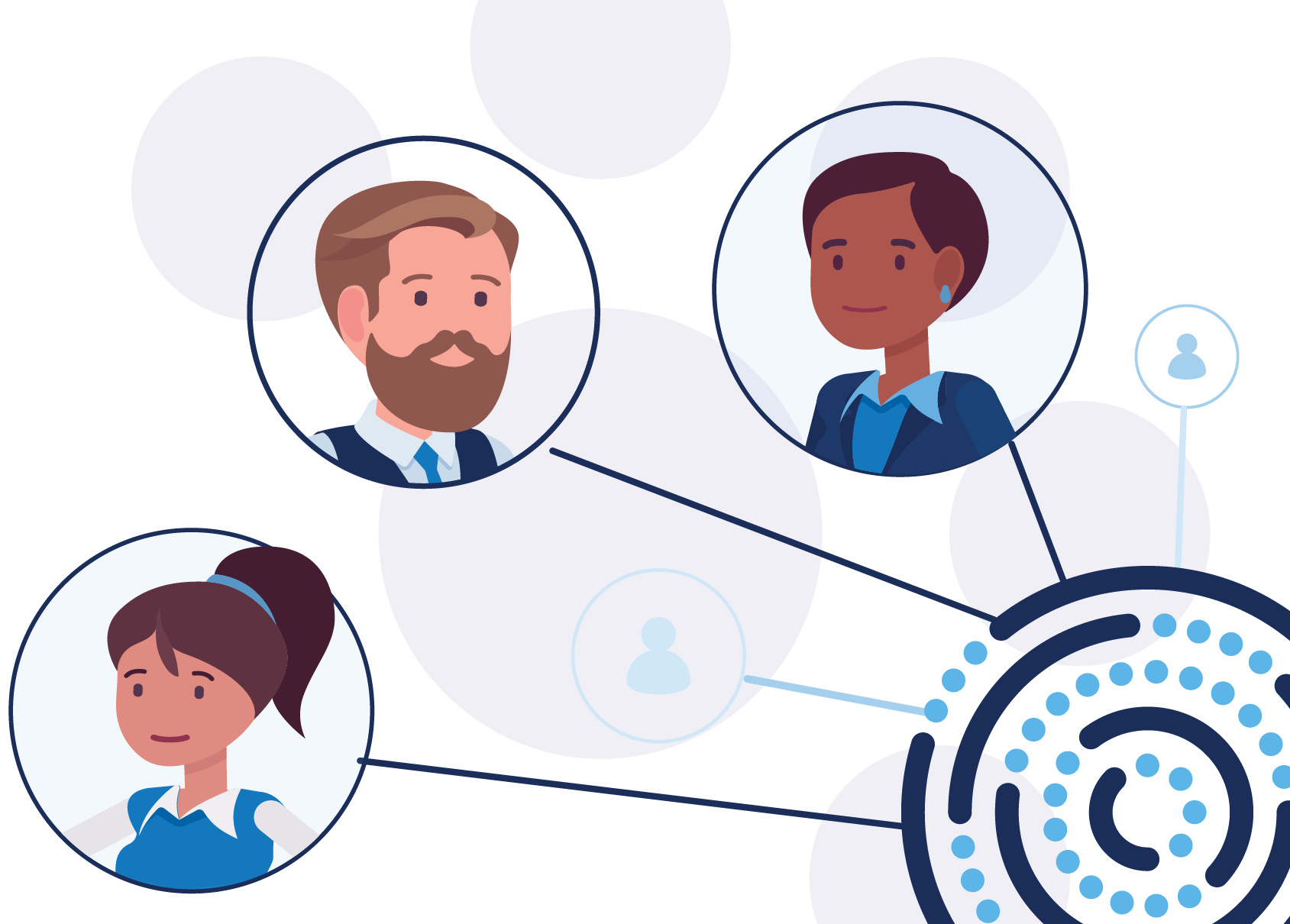
Early psychosis intervention education and resources

The NAVIGATE program is an integrated, highly collaborative, team-based model of care to support recovery from early psychosis. This model is the foundation of Coordinated Specialty Care for Psychosis in Ontario. It consists of four core NAVIGATE interventions (Individual Resiliency Training, Supported Education and Employment, Family Education, and Psychopharmacological Treatment) and Peer Support. This site provides access to courses and resources related to the NAVIGATE program, recommendations for Peer Support Specialists, and additional resources to support capacity building for clinicians and early psychosis intervention teams.
To access the NAVIGATE resources, use the button below.
View details on our resources

Fostering Recovery: Training for early psychosis (Introduction to NAVIGATE)
This three-module course provides an orientation to the NAVIGATE program. Participants are provided information about the program background, rationale and evidence base; the different roles and responsibilities of NAVIGATE team members; and an overview of how NAVIGATE works in practice.

Bipolar Disorder Education
This essential course provides education about bipolar disorder, treatments and interventions to augment the NAVIGATE materials. The Bipolar Disorder Education course builds capacity to enhance NAVIGATE treatment for individuals with affective psychosis.

NAVIGATE Individual Resiliency Training: Clinician Manual
Individual Resiliency Training (IRT) is a modular-based intervention for individuals recovering from early psychosis. The IRT Clinician Manual provides clinical guidelines, instructions and strategies for clinicians to support a patient’s education and skill-building across a range of recovery-oriented modules.

NAVIGATE Individual Resiliency Training: Patient Resource
The IRT Patient Resource retains the same curriculum as the IRT Clinician Manual, but has been adapted to be more suitable for use by patients participating in IRT as part of Coordinated Specialty Care for Psychosis.

NAVIGATE Family Education: Clinician Manual
The Family Education Program provides families the knowledge and skills to support a loved one recovering from early psychosis. The FE Clinician Manual contains clinical guidelines, tools, and resources to provide the Family Education Program to patients and their families.

NAVIGATE Family Education: Family Member Resource
The Family Education Program provides families with the knowledge and skills to support a loved one who is recovering from early psychosis and is participating in Coordinated Specialty Care for Psychosis.

NAVIGATE Supported Employment and Education (SEE): Clinician Manual
Supported Employment and Education (SEE) is a program designed to help patients recovering from early psychosis return to work or school. The SEE Clinician Manual contains clinical guidelines, instructions and strategies to support patients with their school or work goals.

NAVIGATE Supported Employment and Education (SEE): Patient Resource
The NAVIGATE SEE Patient Resource is for patients receiving SEE as part of Coordinated Specialty Care for Psychosis, and includes toolkits for supporting a patient's schooling or search for employment.

NAVIGATE Psychopharmacological Treatment Quick Guide
The NAVIGATE Psychopharmacological Treatment Quick Guide is an updated and abridged version of the NAVIGATE psychopharmacological treatment manual for prescribers. This guide provides clinical guidelines and strategies for medication prescribing and monitoring for early psychosis.